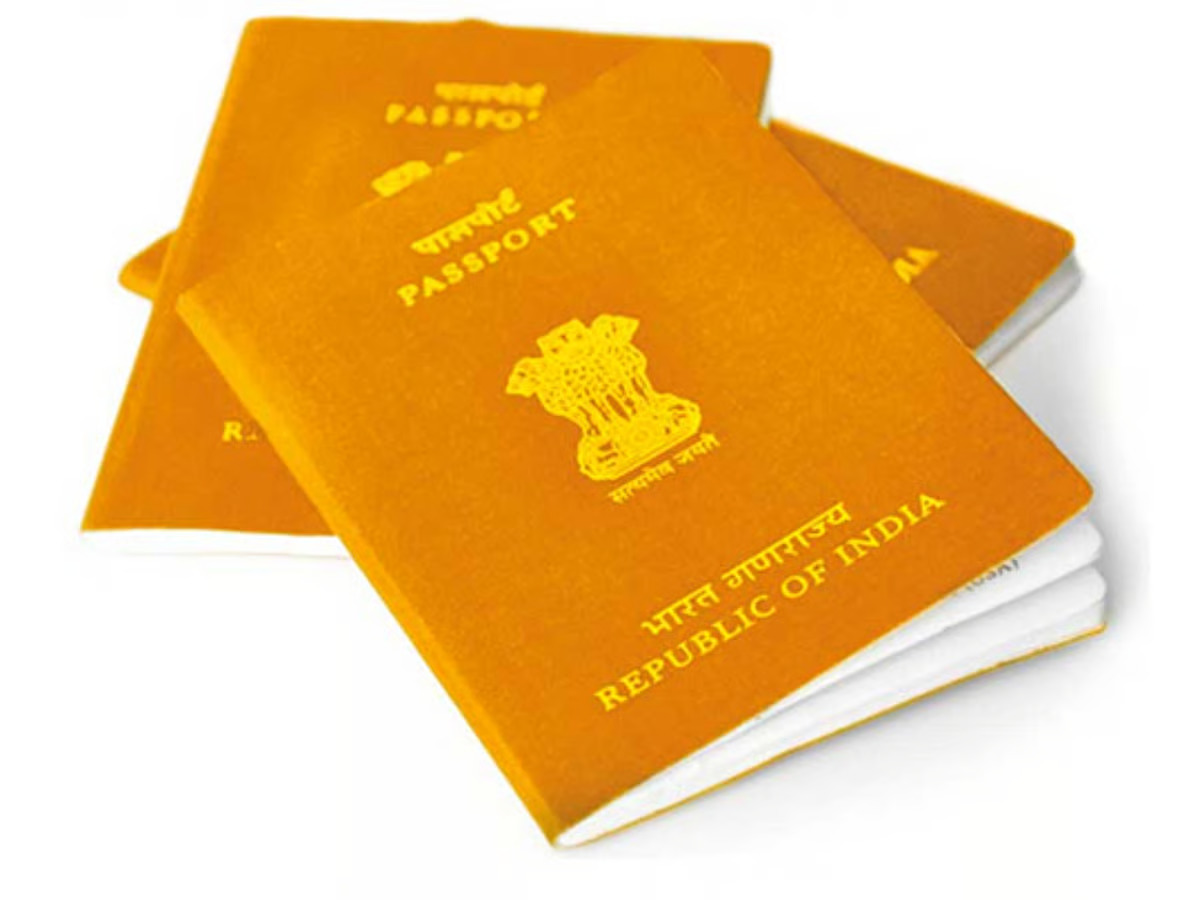A passport is one of the most important documents when travelling to any other country. It not only establishes your identity but also it will acts as proof of your National identity, that from which nation you belong to. If you have to travel to any foreign country beyond India, it is necessary to have a passport with you
In India, the Ministry of External Affairs (MEA) is the authority that issues passports under the Passports Act, 1967. Depending on the purpose of travel, professional background, or government service, Indian passports are available in different categories. These passports are also distinguished by their cover colours.
What are the different types of passports in India?

In India, there are four categories of passports which are issued based on their purpose, like for tourism, official purpose, for diplomatic or for students only. Below in the table, all four types of passports are given:
| Passport Type (Colour) | Issued To / Eligible Individuals |
| Blue | Regular Indian citizens for ordinary travel, such as vacations, business, or study abroad. |
| White | Government officials like IAS, IPS, and other high-ranking officers travel abroad for official purposes. |
| Maroon | Diplomats, officers of the Indian Foreign Service, Ministry of External Affairs staff, officials on diplomatic missions, and accompanying hostesses. |
| Orange | Indian citizens with educational qualifications up to Class 10 (not studied beyond 10th grade). |
Let’s take a closer look at the various types of passports issued in India:
1. Ordinary Passport (Blue Cover)

-
Who gets it? This passport is issued to any regular Indian citizen.
-
Purpose: For travel abroad for tourism, education, or business.
-
Details: This passport is also known as a Type P passport; it has a navy-blue cover. It contains essential identity details like name, date of birth, photograph, and other personal information.
-
Significance: Most Indian travellers hold this passport, and it helps foreign authorities identify ordinary citizens.
2. Official Passport (White Cover)

-
Who gets it? This passport is issued to the government employees representing India on official duty.
-
Details: This passport is also known as a Type S (Service) passport, which is issued only to specific officials.
-
Special privileges: There is given Special privileges are given under this passport, and those who have this passport can enjoy certain exemptions and facilities while travelling abroad on government assignments.
3. Diplomatic Passport (Maroon Cover)

Source: reddit
-
Who gets it? This passport is issued to the senior government officials, diplomats, and officers of the Indian Foreign Service.
-
Details: This passport is also recognised as the most privileged passport, it provides several benefits, such as visa-free travel to many countries and priority clearance at immigration.
-
Eligibility: High-ranking MEA officials, IFS officers, IAS/IPS officers on diplomatic missions, and their dependents.
4. Orange Passport (ECR Category)

Source: gulfnews
-
Who gets it? This passport is issued to citizens who have not studied beyond Class 10 or those applying under the Emigration Check Required (ECR) category.
-
Purpose: This type of passport was introduced in 2018. These passports help immigration authorities easily identify individuals who may require special clearance before travelling abroad for work.
-
Details: Unlike regular passports, orange passports do not carry the holder’s permanent address or father’s name on the back page.
What are the Eligibility criteria for these types of passports?
Eligibility criteria for these four types of passports to enter India are:
1. Ordinary (Blue): Any Indian citizen (by birth, descent, or naturalisation).
2. Diplomatic (Maroon): Must be any Diplomats, for IFS officers, any senior government officials, and their dependents.
3. Official (White): Must be any Government officials, like IAS, IPS officers on service duty.
4. Orange (ECR): Citizens who did not study beyond Class 10, adults over 50, minors above 18, or those with prior overseas work experience.
What are the benefits of holding an Indian Passport?
There are several benefits of holding an Indian Passport, which are:
-
Serves as proof of citizenship and identity.
-
Records all international travel details.
-
Allows visa-free or visa-on-arrival entry to nearly 60 countries.
-
These Indian passports enable participation in international exchange programs and internships.
-
These Indian passports also provide access to Indian consular support abroad.
Comments
All Comments (0)
Join the conversation